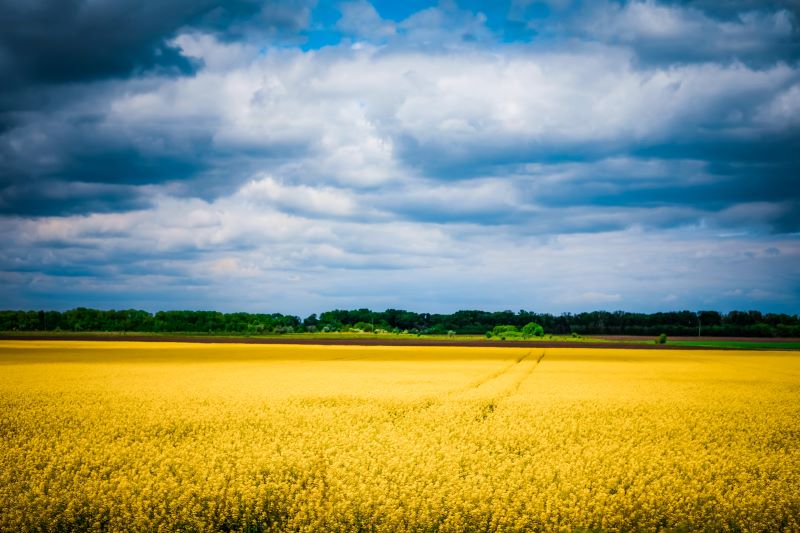Coming at a time when the global pandemic had already increased food insecurity and depleted resources around the world, many countries may not be resilient to a major food crisis brought on by the war. Back-to-back global catastrophic events like this have not happened for close to 100 years.
Lessons from history
The 70 million people who died because of famines in the 20th century is more than the battlefield death toll of the two world wars combined. Most of this was associated with wars, with only one notable exception: the Ukrainian famine of 1931-33, known as the holodomor.
The holodomor caused the deaths of 2.6 million people out of a population of 32 million. Rival scholars have blamed weather, genocide and Stalinist economic policies for this disaster. However, recent work convincingly shows that it was a direct consequence of the Stalinist collectivisation of agriculture.
Soviet policies meant that land, livestock and implements belonged to collectives, but it was governments that set plans for what and when to plant. Harvested grain was put into storage and the government took its share before allocating the remainder to the collective members. Soviet governments prioritised feeding industrial workers over farmers.
This didn’t only happen in Ukraine. The holodomor was actually part of a wider Soviet famine which killed between 6 to 8 million people. The other areas affected were primarily agricultural areas in modern-day Russia and Kazakhstan. The obvious parallel with today is that both crises have been caused by authoritarian despots.
Another useful analogue is the case of Germany during the first world war. When war broke out in 1914, the German authorities had anticipated a short conflict – not too dissimilar to Russian assumptions a few weeks ago.
Just like in Ukraine now, the first world war severely disrupted German farming. Nitrogen was diverted away from fertiliser towards munition production. There was a shortage of manpower as farm labourers were enlisted in the war effort. Together, these led to shortfall in agricultural production that led to severe shortages. Exacerbated by an inability import enough food in wartime, civilians perished.
There were famine-like conditions in the country by the end of the war, and then the Spanish flu struck. Researchers suggest that this crisis fell disproportionately on the poorest citizens of the country, just as the current food crisis will be disproportionately felt by people in those countries that rely on cheap Ukrainian imports.
Please click here to read the full blog.
Note: This blog first appeared in The Conversation on 31st March 2022.


